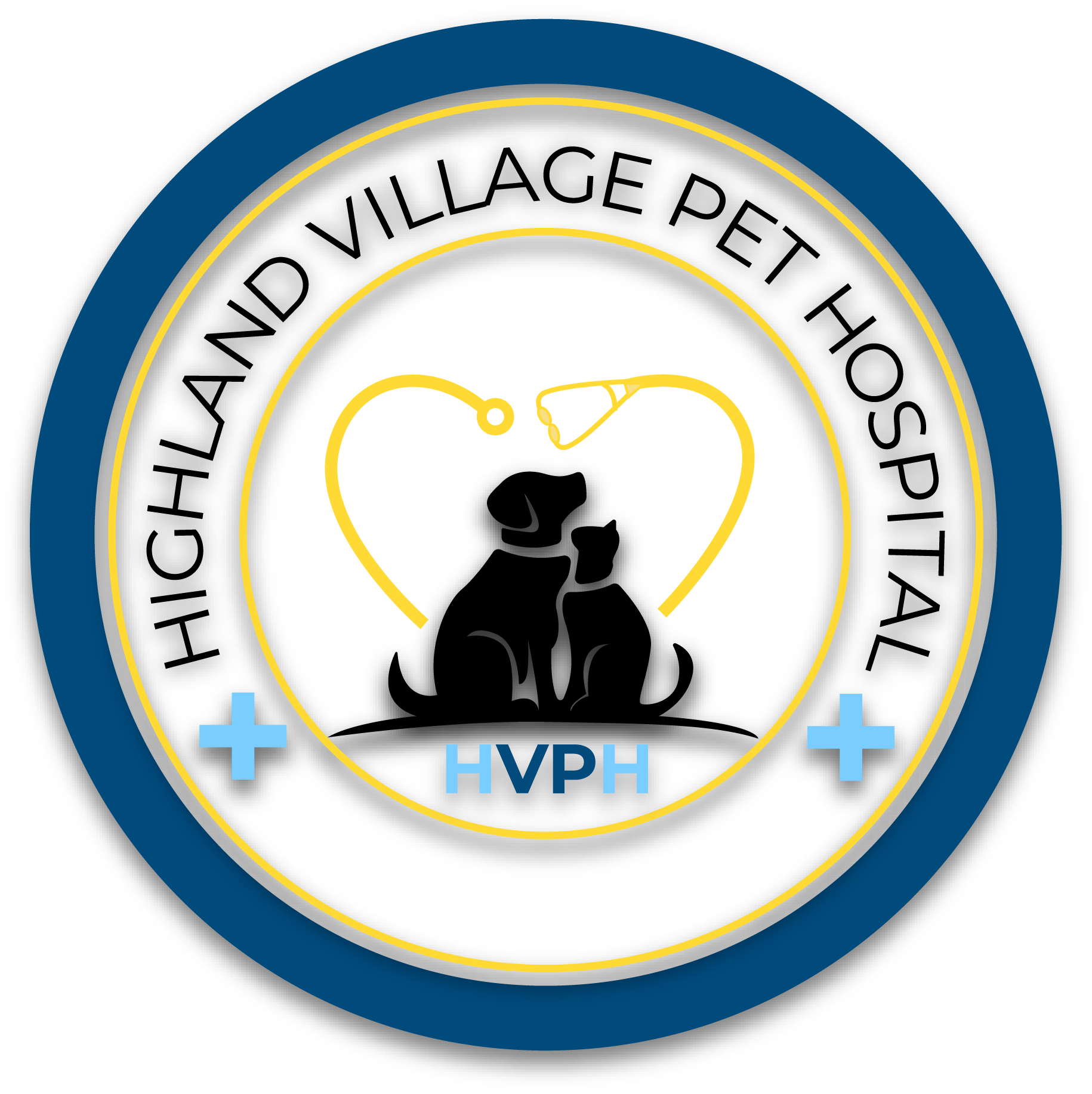How to Prepare Your Pet for Their First Vet Visit
- Highland Hospital

- May 7, 2025
- 4 min read
Bringing your pet to the vet for the first time is a big step in their journey to a healthy, happy life. Whether you’ve just adopted a new puppy, kitten, or an older pet, their first vet visit can be a little overwhelming for both you and them. At Highland Village Animal Hospital, we understand how important it is to make this experience as positive and stress-free as possible for your furry friend. Here are some tips on how to prepare for your pet’s first vet visit.
1. Schedule an Appointment and Get Familiar with the Clinic
Before the visit, take some time to schedule your appointment at a time that works best for you and your pet. When you call, feel free to ask any questions you may have about the process or what to expect during the visit.
Take note of the location and parking arrangements to ensure a smooth arrival. If your pet is nervous about being in new places, you can visit the clinic beforehand to let them get used to the environment.
2. Gather Your Pet’s Medical History
If your pet is coming from a breeder, shelter, or rescue, make sure to bring any medical records they have. This includes vaccination history, previous treatments, and any known medical conditions. If you’ve adopted a pet without records, don’t worry! Your vet can still conduct a full examination and start a health plan for them.
If your pet has had previous treatments, be prepared to share information about any medications they may be on. This helps the vet tailor their care and offer the best advice.
3. Bring Your Pet’s Favorite Items
To help ease your pet’s anxiety, consider bringing along familiar items such as their favorite toy, blanket, or even a small piece of clothing. These comforting objects can provide a sense of security and reduce stress, helping your pet feel more at ease during their visit.
4. Prepare Your Pet for the Car Ride
The journey to the vet can sometimes be stressful for pets, especially if they’re not used to car rides. If possible, take a few short trips leading up to the visit, so your pet gets more comfortable in the car. Use a carrier for smaller pets or a harness for larger ones to ensure their safety and comfort. Some pets may become anxious during car rides, so offering a treat or calming words can help keep them calm.
5. Expect a Thorough Examination
During your pet’s first visit, the veterinarian will perform a thorough physical exam to assess their overall health. This typically includes:
Checking weight and body condition to ensure your pet is healthy and growing well.
Examining the eyes, ears, teeth, and coat to look for any signs of infections, parasites, or abnormalities.
Listening to the heart and lungs to check for any signs of underlying health issues.
Palpating the abdomen to feel for any swelling or discomfort.
Vaccinations and preventative care, such as flea, tick, and heartworm prevention, may be discussed or administered, depending on your pet’s age and health.
For puppies and kittens, it’s common to schedule multiple visits to ensure they get all of their initial vaccinations.
6. Ask Questions and Discuss Preventative Care
Your pet’s first vet visit is the perfect opportunity to ask questions about their health, nutrition, and overall care. The vet can provide valuable information about:
Proper diet and feeding schedules
Recommendations for exercise and activity
Parasite prevention (e.g., flea, tick, and heartworm prevention)
Dental care and grooming
Socialization and training tips
Don’t hesitate to ask about any concerns you have about your pet’s behavior, habits, or any future health issues you might want to monitor. The more proactive you are about your pet’s care, the healthier they will be in the long run.
7. Prepare for Follow-Up Visits
After the first visit, your vet may recommend follow-up visits for additional vaccinations or health assessments, depending on your pet’s age and condition. It’s important to stay on top of these appointments to ensure your pet stays up-to-date on their vaccinations and health care needs.
8. Stay Calm and Positive
Your pet can pick up on your emotions, so try to stay calm and positive during the visit. Speak in a soothing voice, offer praise, and give your pet treats to associate the vet visit with something positive. If your pet sees that you are relaxed and confident, they will be more likely to feel comfortable too.
Conclusion
Preparing for your pet’s first vet visit is an essential part of their health journey. By planning ahead and keeping the experience as calm and positive as possible, you’ll set your pet up for a lifetime of good health and happiness. Remember, your veterinarian at Highland Village Animal Hospital is here to help guide you every step of the way. We’re committed to providing the best care for your furry friend and making every visit a positive experience.
If your pet is ready for their first vet visit, contact Highland Village Animal Hospital today to schedule an appointment. We can’t wait to meet your new best friend!







Comments